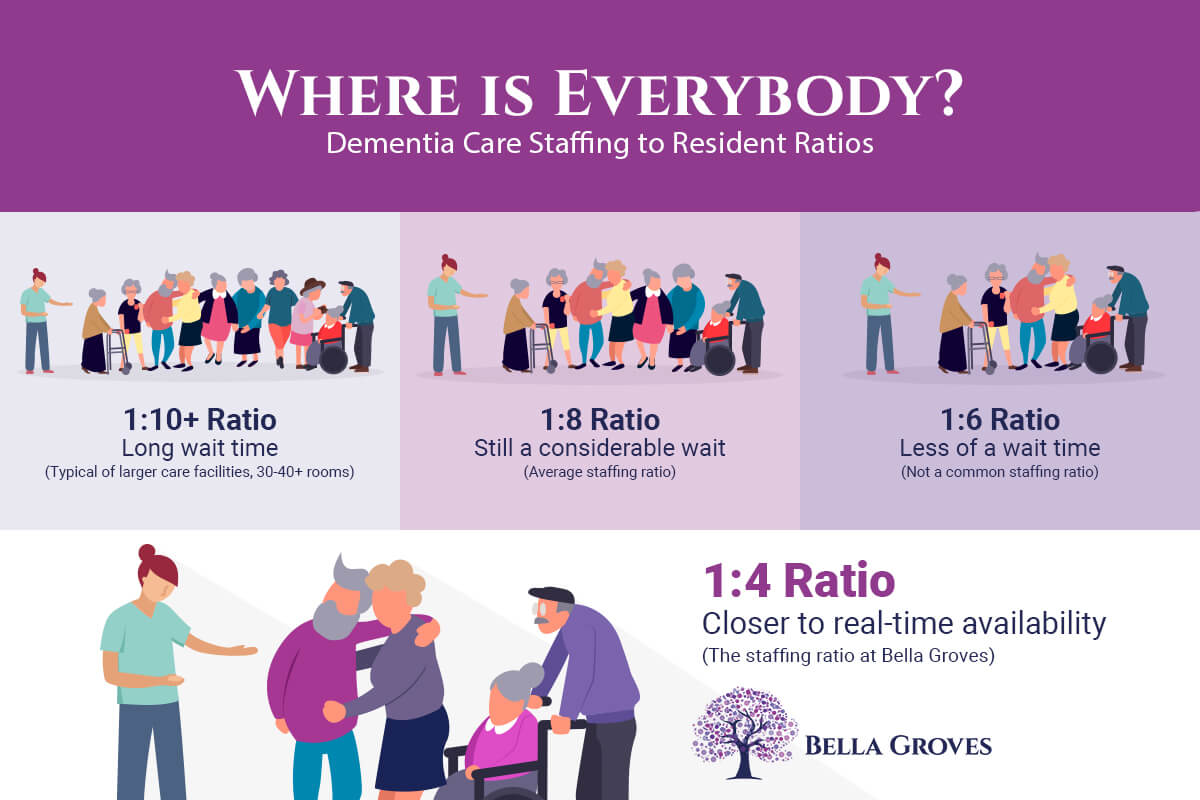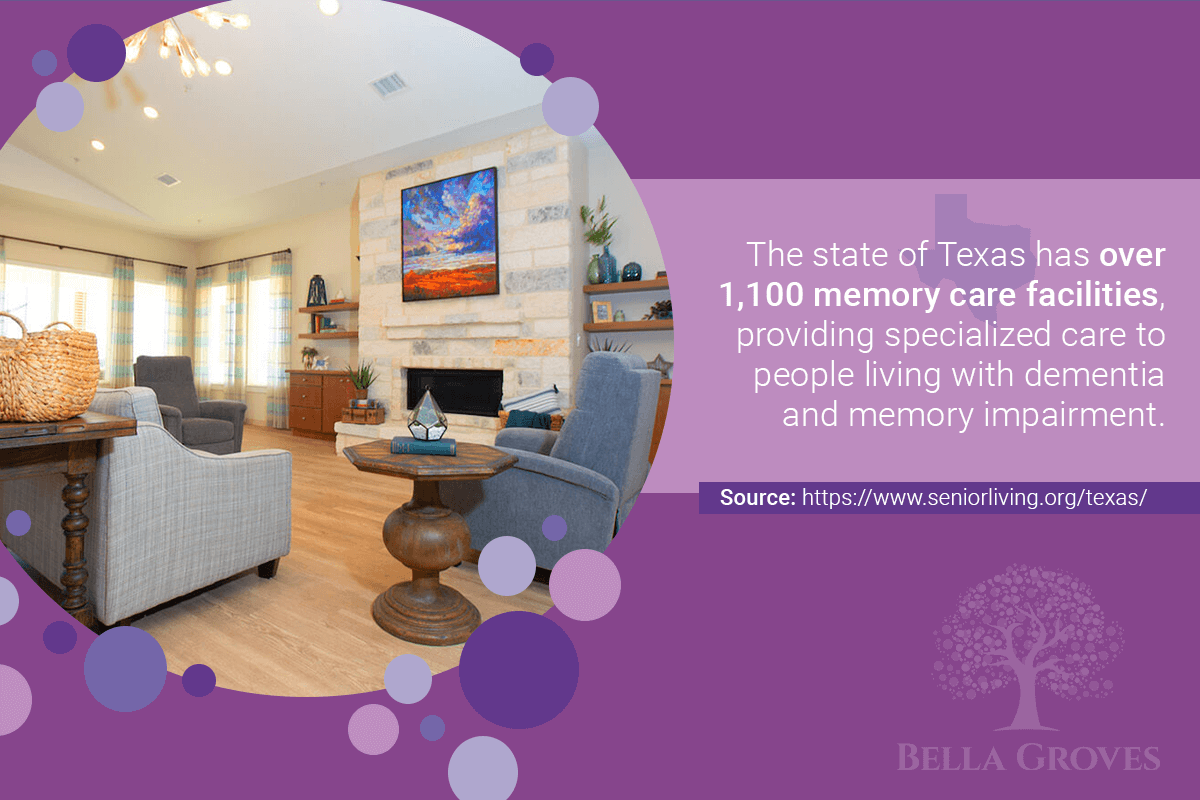
How to Manage a Loss of Appetite in a Person Living with Dementia
Eating nutritious foods is critical to keeping the body strong and healthy at every stage of life. However, a person living with dementia can experience a loss of appetite, which, if not managed, can lead to unnecessary weight loss. Fortunately, there are ways that you can support them by understanding what may be causing it and making mealtimes more enjoyable.
At Bella Groves, we support individuals and families through every stage of the dementia care journey. Below, you will find the most common reasons for a loss of appetite and what you can do to encourage eating and drinking.
By following these steps, you can ensure your family member leads a healthy lifestyle with a balanced diet and experiences love, kindness, and unconditional joy from you.
Why Does Dementia Cause a Loss of Appetite?
A person living with dementia can experience a loss of appetite for several reasons. Dementia causes changes to the brain, which vary from person to person, but can impact their ability to recognize food, concentrate on the activity of eating, or lose the sense of thirst and hunger.
- Change in senses: Changes to the brain can alter a person’s senses in unexpected ways. For example, foods that used to be their favorite may now taste or smell different. To manage this, be led by your family member on what they’d like to eat, even if the food combinations seem unusual.
- Pain or discomfort: Any person will lose their appetite when they feel uncomfortable or in pain. The difference is that a person living with dementia may not be able to express this discomfort. A cold, urinary tract infection (UTI), or stomach issue can make a person eat or drink less. To manage this, ask specific questions to uncover if there is an underlying cause for their lack of interest in food. Instead of asking, “what’s wrong?” try asking, “Does your stomach hurt today?”
- Medication: If you notice that loss of appetite has occurred soon after changes to medication, contact their doctor to discuss the situation. Different medications can interact differently in a person living with dementia, so it is important to monitor.
Although each of these factors can influence appetite, there are ways that you can support a better eating experience for your family member while ensuring they receive the nutrition that they need.
How Can Dementia Care Lead to Better Eating?
Just as multiple factors can influence dementia and appetite loss, there are also a variety of ways that you can support a person living with dementia. No matter where you are on your memory care journey, you can make experiences joyful and meaningful for your family member.
- Limit distractions: A simple table setting away from televisions and background noises can make it easier for a person living with dementia to recognize their food and eat without distraction.
- Encourage independence: If the person does not like what you have prepared, ask them what they would prefer to eat instead. If possible, invite them to help you prepare the meal, giving the dining experience added meaning.
- Be patient and flexible: It might take additional time for the person to finish the meal. In some instances, they may forget what they ate and ask for the same meal. Remember that your primary goal is to support kind, joyful experiences. If that means adjusting the meal plan, try it.
- Find ways to incorporate healthy ingredients: For a person living with dementia, it is important to receive the proper nutrition. Tufts University and AARP created My Plate, a helpful guide to nutrition for older adults. That is a good place to start when searching for meal ideas.
- Get creative: The goal of eating and drinking is to nourish the body, so let go of what you think mealtime should look like and find new opportunities for eating and drinking. For example, smoothies are an easy way to pack vitamins and nutrients into a meal.
Navigating Dementia Care
At Bella Groves, we believe that every day should be full of unconditional joy for a person living with dementia. Whether you are searching for educational resources about dementia, would like to consult with our experts about dementia care, or are considering a dementia care community in the San Antonio area, we are here to help you. We invite you to visit our website today.


